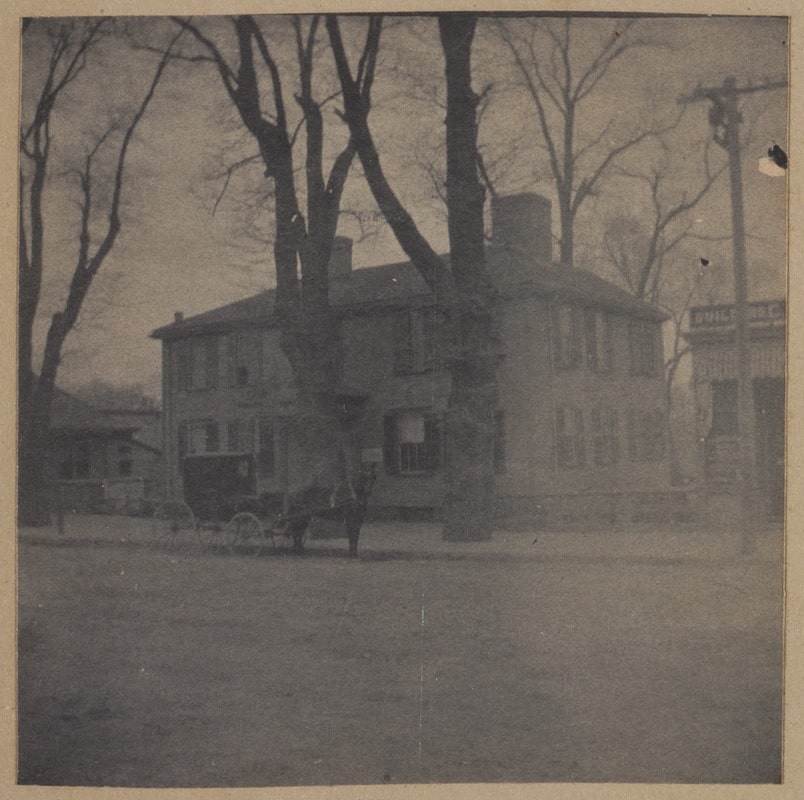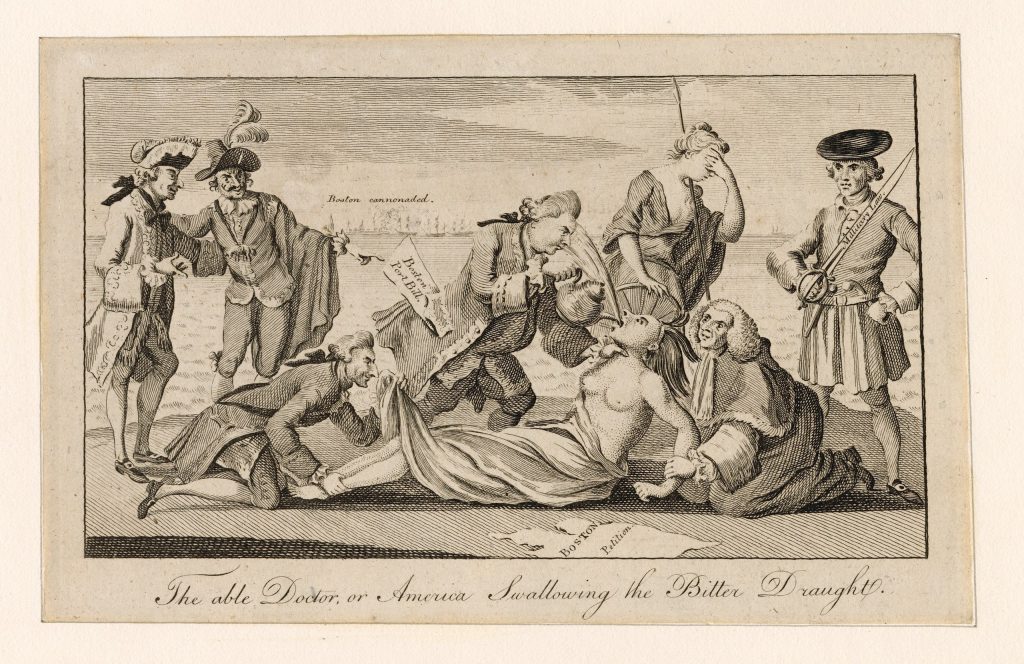Contents
Contents
The Suffolk Resolves were a series of declarations passed on September 9, 1774, by delegates from towns in Suffolk County, Massachusetts, calling for opposition against the British Intolerable Acts.
Summary
In March 1774, the British Parliament passed the Coercive Acts – a series of new laws designed to punish the Thirteen Colonies for the Boston Tea Party.
The legislation, labeled the “Intolerable Acts” in the colonies, was extremely unpopular. It imposed significant economic penalties on the colonies, including closing Boston’s port, and gave the British the power to control all ministerial appointments in the Massachusetts colonial government.
In response to the Intolerable Acts, political leaders in Suffolk County, Massachusetts, drafted and passed the Suffolk Resolves, primarily authored by Joseph Warren.

The motion resolved that Suffolk County would:
- Institute a complete boycott of British imports.
- Ignore the Massachusetts Government Act and the Boston Port Act (the two Intolerable Acts that were considered most egregious in Massachusetts).
- Cease paying taxes to the British government.
- Request the resignation of any official appointed under the Massachusetts Government Act.
- Support the creation of independent colonial militias to protect the colonists from British overreach.
- Advocate for the creation of independent colonial governments, separate from British-controlled leadership.
The Resolves also pledged support for Boston, sending food and other supplies to the city to overcome shortages while the port was closed.
In addition, the Intolerable Acts were criticized in more detail as unconstitutional overreach.
Significance
Soon after being passed, the Suffolk Resolves were delivered to the First Continental Congress, where they were endorsed by Patriot leaders on September 17th, 1774.
This endorsement unified the colonies in opposition and laid a foundation for coordinated resistance, including establishing the Continental Association – a wider agreement between colonies to boycott British goods.

Previously, boycotts had often been sporadic, disorganized, and limited in scope to specific colonies. However, from this point on, the colonies were able to create a much more significant impact on the profitability of British trade.
Following the Resolves, towns across Massachusetts and other colonies formed Committees of Safety to ensure compliance with the boycott, monitor loyalty among citizens, and coordinate militia activities.
The Suffolk Resolves also paved the way for the stockpiling of weapons, and the much more widespread formation of local militias across the colonies, which would prove essential once war broke out.
Essentially, the Suffolk Resolves provided an outline for the most significant, coordinated resistance efforts of the American Revolution up to this point.
Before the Suffolk Resolves were endorsed, colonists’ complaints often aimed to appeal to British leaders, citing shared heritage and loyalty. The Suffolk Resolves moved beyond this, directly challenging British rule and calling for independence in key areas of governance.
While other counties had issued similar declarations in defiance of British rule, the Resolves were the first to specifically detail methods of coordinated resistance that the colonies could implement.
The Suffolk Resolves also provided a blueprint for the language used in defiance against British rule, which informed later documents like the Declaration of Independence. Joseph Warren and his colleagues’ powerful emphasis on self-governance, inalienable rights, and the rejection of unjust rule was mirrored in the Declaration’s language nearly two years later.

